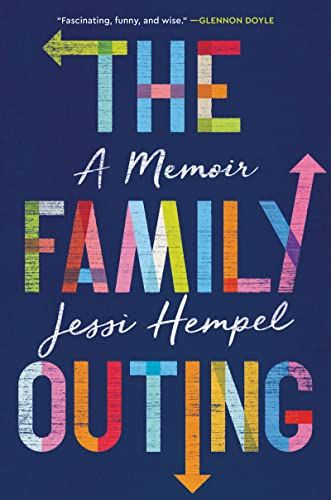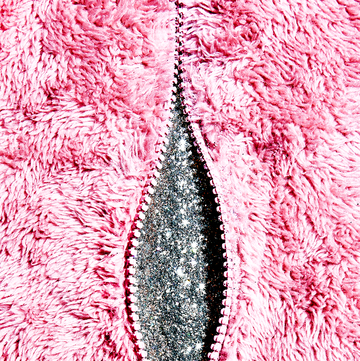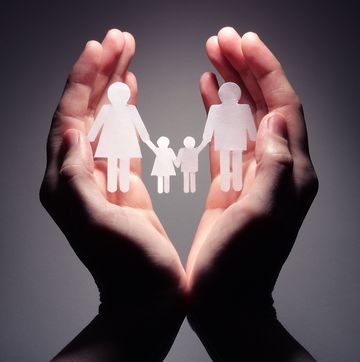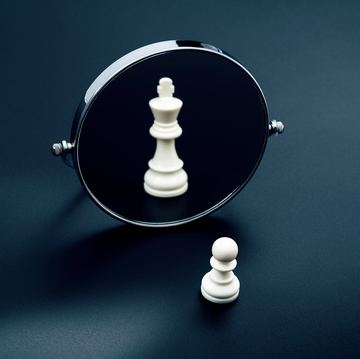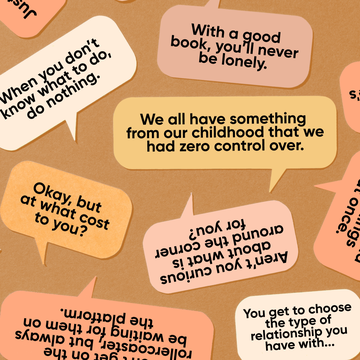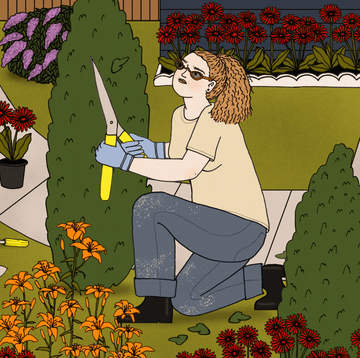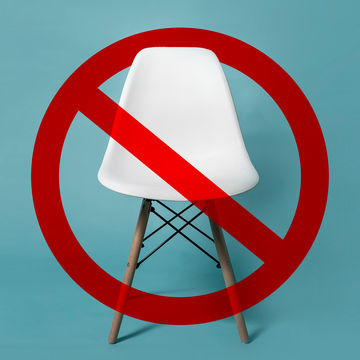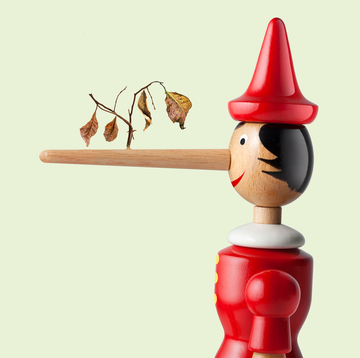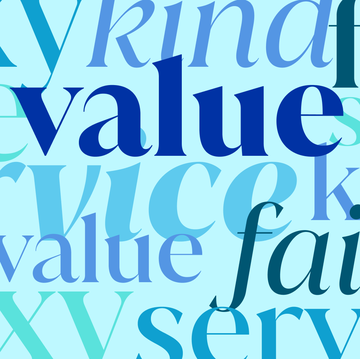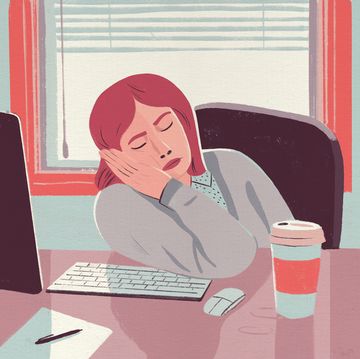In April 2020, I began a two-year excavation of my family’s dysfunction. We’re close now, but it hasn’t always been that way. When I was younger, things were messy. My mother struggled with the PTSD that arose from having dated an alleged serial killer; my father was closeted and absent. Messiness gave way to neglect and sometimes violence.
Did I mention we are close now? Really. We’re the kind of family that blows up the group texts daily with kid pics and banal life details.
I’m not going to try to tell you that every family can transform toxicity into tenderness by following a playbook. Indeed, there are wounds that cannot be healed and shouldn’t be glossed over. If your family is truly detrimental to your health, this is not the article for you.
More From Oprah Daily

But our family figured out how to broker peace with one another. I wanted to understand how it happened. So, during the lengthy days of quarantine, I turned on the tape recorder, and for more than a year, I interviewed my family members. I folded their stories into a memoir called The Family Outing. Here’s what I learned:
Conflict isn’t a bug; it’s a feature
The dynamics that are most toxic will not ever completely resolve. But conflict doesn’t have to be bad. It can show us what we care most about, and how we evolve alongside each other. For that conflict to be healthy, we must trust each other enough to know that we’re committed to repairing the rupture that inevitably occurs when we fight—that we can withstand disagreement because we will do the work involved in making peace, and in living respectfully with our differences. Take note: If we can do this work in our immediate families, we will be capable of doing it in our communities and for our country. Everybody wins.
As an oldest child, I’ve often been accused of thinking I know everything about how the past went down. But what I learned is that memory is unreliable. We distort stories in their retelling. We suppress the hard stuff. Yet when it comes to our family histories, we reach for certainty. I know it happened that way, because I remember it! Do you, though?
It’s more helpful to be curious than to be correct
In writing my book, I approached my family members as journalistic subjects—asking open-ended questions without offering my own perceptions. I didn’t disagree with anyone but instead took notes and asked follow-up questions. I didn’t attempt to dissuade anyone of their truth but instead tried to encapsulate that truth in text. The more my parents and siblings felt that I was listening to them, the more they opened up about things we’d never discussed. I learned new things. For example, I’ve always remembered a fight my sister and I had as young adults, shortly before we climbed into my old Honda Civic to drive across the country. But I’ve cultivated a sort of willful amnesia about the substance of that fight. After all these years, I didn’t think it mattered. I’d planned the entire trip—and done an excellent job! But what I didn’t understand until my sister told me was this: I hadn’t let her plan any part of the trip, or really much of anything else in our shared lives. Now, with hindsight and a more open heart, I can understand she felt me to be controlling. I can see that I was controlling. And now that we’ve collectively named this obstacle, we can begin to move beyond it.
Do the thing you know you should be doing
Unless you’re doing the work of attending to your own emotional needs, you will be unable to exercise compassion toward others. And you need a deep well of compassion to navigate tricky family dynamics. You know this. So go to therapy; practice mindfulness; do the things you already know how to do to center your emotional and physical health. When you treat yourself with all the love and respect you can muster, you may find you can tolerate, say, your brother. Even when he is annoying and occasionally toxic.
Still, you will have to get over yourself
There are dynamics in your family that are unlikely to change. Maybe you’ve been reinforcing them since you were a child. My dad will always subconsciously compare us kids. My sister will always feel she is getting short shrift. My mom will always believe I’m misremembering the more violent aspects of my teenage years. These things are unlikely to change, but on my best days, I can accept them. Keep going.
Sit next to your mother at her sister’s funeral
Compassion isn’t earned. It is a gift we can all choose to impart. There will be times in which you will need to decide whether to take a step toward someone who has hurt you. When my mother’s sister died, I didn’t know whether to attend the funeral. I didn’t get on well with my mom at the time, and I had had a falling out with her sister. It was expensive to go. I would have to miss work. “What should I do?” I asked my stepfather.
“Honey, it’s obvious,” he replied. “You sit next to your mother at her sister’s funeral.”
I have never regretted it.
Accept that nothing gets fixed, but everything will soften
As we have grown older, we haven’t let go of the sharp conflicts that defined our early lives together, but distance and age have given us more perspective. We don’t litigate the past but instead appreciate the small joys of the present. Trips to Lego Land with nieces and nephews. The smiling “I feel you” emoji in the group text when my brother’s kids are diagnosed with strep. It’s an unspoken promise that we make to each other: This present matters more than that past.
Jessi Hempel is a writer living in Brooklyn, New York. She hosts the LinkedIn podcast Hello Monday with Jessi Hempel, and has just released her debut memoir, The Family Outing.

